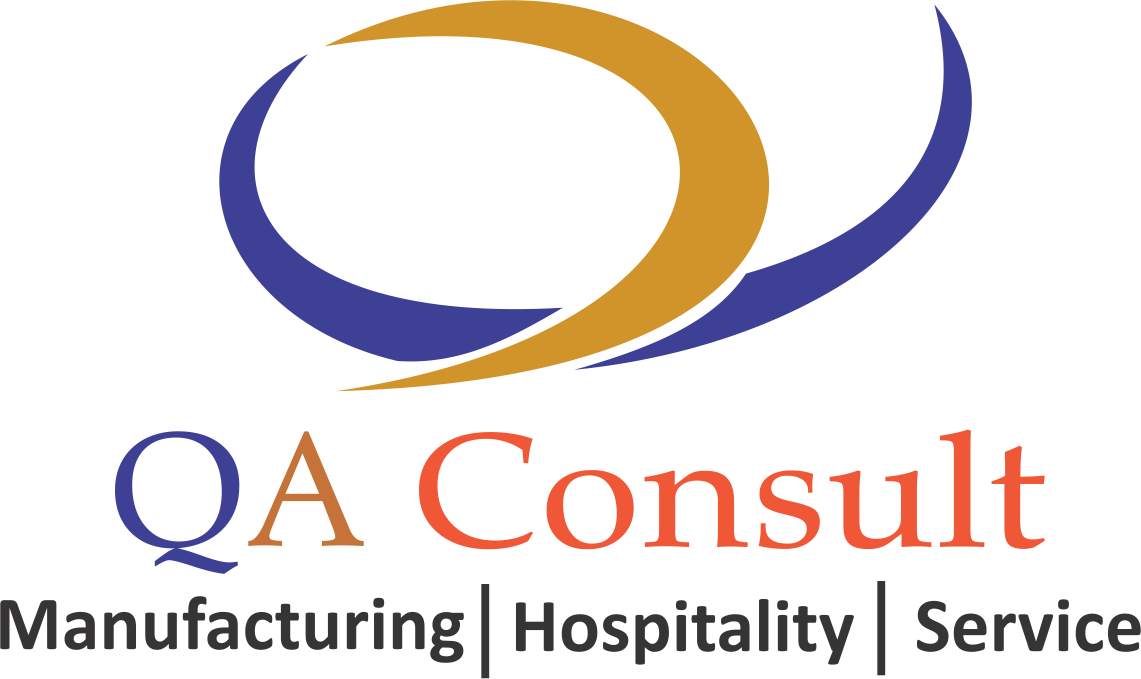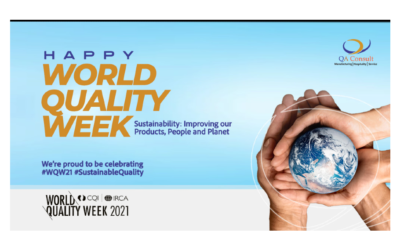Industry & Consumer Information with Johnson Opoku-Boateng: Rising from complacency
The Case of Successful Small Business
The Problem
According to an SME Competitiveness Survey published in 2016 by the ITC in collaboration with the AGI, more than 85% of enterprises are SMEs in Ghana. Yet studies suggest that the vast majority of SMEs fail to be competitive, to survive or to grow. The reasons for this are myriad, ranging from high cost of credit to challenges in accessing ready markets. While these challenges exist and fingers are usually pointed at government, others are self-inflicted.
Why would a small business less than 5-years old and doing well boast of not being able to meet demand? The main reason given is that their products are of good quality and in high demand. What happened to expansion to produce more and take advantage of the pull? The above scenario can go on for months without any clear attempt to expand – until an external competitor comes in with similar products, drives sales with increased volumes and sinks such small-thinking small businesses in the process.
No Business is Invincible
Innovation is not static. The magical formulation today becomes the base for a higher formulation a few days down the line. Today, Google and other social media outlets such as YouTube offer many tutorials on various topics – such that people have started businesses not from formal classrooms but from social media. This reality should be good enough to inform young entrepreneurs not to be complacent.
The Excuses
The high cost of borrowing from traditional financial institutions is a deterrent they’ll say. Production is kept at a minimum; marketing activities are almost non-existent; and investment into sales outlets is hardly discussed. The reason they give: investing in sales and marketing activities will lead to a soaring in demand of such products but there’ll be no capacity to meet the huge demand. This defeats the essence of establishing a business, and hence a good strategy is rather needed to take advantage of this high demand for products.
Reversing the Trend
Owners of such promising businesses should strongly consider the option of going into partnership to take advantage of market demand hikes. Joining forces with partners in the same business has the potential of creating a bigger company that has the capability of outstripping demand, and even creating new markets.
Last but not least, owners of such small business should pursue injections of investment in the form of equity. At a recent investment forum by a EU project hosted by the Association of Ghana Industries, it was revealed that there are quite a sizeable number of equity investors in Ghana with millions of dollars ready to be injected into profitable businesses in the form of equity. The period of owning 100% of your business is long gone, especially when you have a profitable business with great products which are in high demand but not available because lacking production capacity.
Conclusion
Related Stories
Industry & Consumer Information with Johnson Opoku-Boateng: The Rise and Rise of Women in Business
Industry & Consumer Information with Johnson Opoku-Boateng: The Rise and Rise of Women in Business“Black female entrepreneurs don’t make excuses, we find solutions. We’re leaders – resourceful, ambitious, hardworking and creative. We’re powerful, unstoppable,...
This Week is World Quality Week 2021
This Week is World Quality Week 2021The Chartered Quality Institute (CQI) used to celebrate World Quality Day on the second Thursday in November. However, this year CQI is celebrating the World Quality Week from 8 to 12 November 2021. The QA (Quality Assurance)...
Ceres 100% Apple Juice Recall – Lessons to be Learnt by Food and Beverage Companies
Ceres 100% Apple Juice Recall – Lessons to be Learnt by Food and Beverage CompaniesOctober 15, 2021, Accra. “PRODUCT RECALL: CERES 100% APPLE JUICE”, FDA. You might haveseen a statement from the FDA with the above caption making the rounds on social mediabarely a week...
Get In Touch
HEAD OFFICE
Aviation Highway , East Airport ( Spintex)
Landmark: Endpoint Homeopathic clinic



